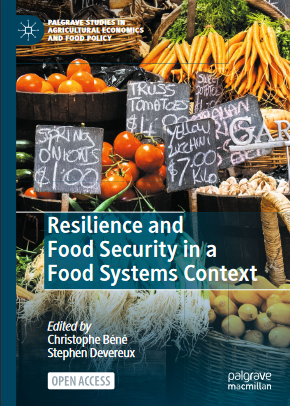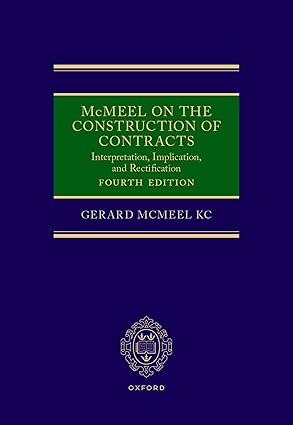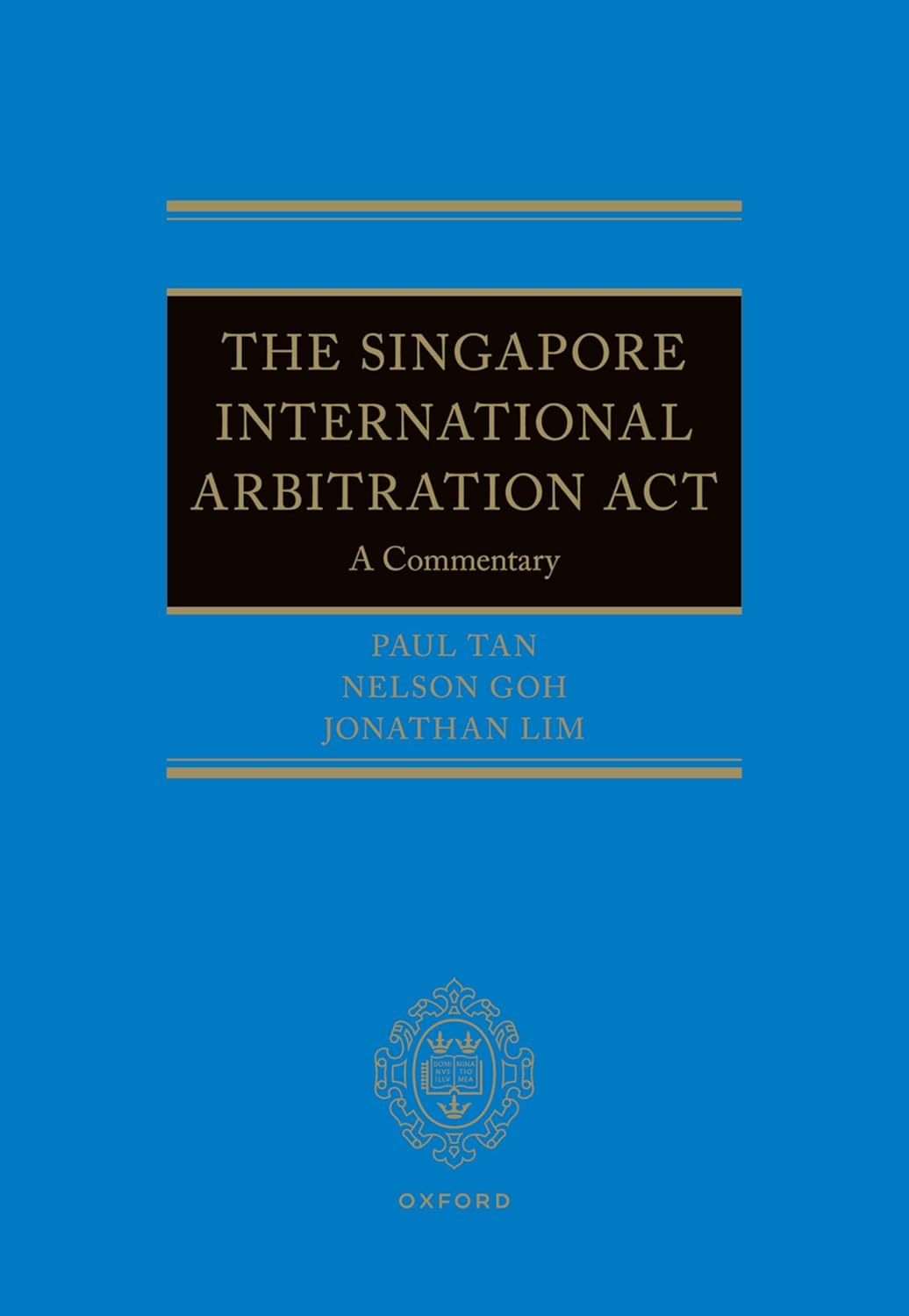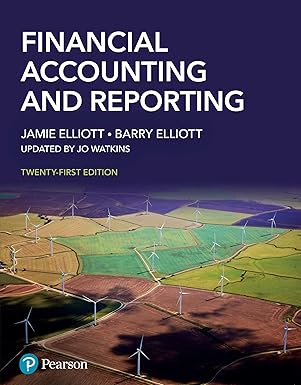To answer these questions, this edited volume compiles a series of chapters written by a group of international experts recognized for their contributions to a diverse range of development questions. This volume is not, therefore, just advocating for ‘more resilience’. Instead, it proposes to step back, take stock of what has been learned and what is still being debated, and assess rigorously and critically the contribution of this concept in advancing our understanding and ability to design and implement development interventions in relation to food security. In doing so, and in a resolute departure from the narrow and beaten tracks of agriculture and trade that have influenced the mainstream debate on food security for nearly 60 years (cf. FAO, 1980), the book also proposes to adopt a wider, more holistic and integrative perspec- tive, framed around food systems. Our premise is that in the current post-globalization era, the food and nutritional security of the world’s population at household, community, municipality or even country level no longer depends just on the performance of the agricultural sector and national or international policies on trade, but rather on the capacity of the entire system to produce, process, transport and distribute safe, affordable and nutritious food in ways that remain environmentally sustainable and socially acceptable. In that context, we posit that adopting a food systems’ perspective provides a more appropriate frame for the questions on food security, as it incites us to broaden our conventional thinking and to acknowledge the systemic and interactive nature of the different processes and actors involved (Ericksen, 2008; HLPE, 2017). The volume comprises 12 chapters that offer a carefully pondered combination of conceptual discussions, historical reviews and empirical analyses. The ambition is that the main questions that drive the reflections around the three concepts central to this volume and their interactions are addressed in a balanced and comprehensive manner, making the discus- sion relevant to a large audience including researchers, policymakers and practitioners, but also members of UN or bi/multi-lateral development agencies working on food security or related development policy, plan- ning and programming. The book is not designed, therefore, to remain a scholastic exercise or a textbook for academics; neither is it intended to become a practical handbook directed at NGOs looking for ways to
چکیده فارسی
برای پاسخ به این پرسشها، این جلد ویرایششده مجموعهای از فصلها را گردآوری میکند که توسط گروهی از متخصصان بینالمللی نوشته شدهاند که به دلیل مشارکت در طیف متنوعی از سؤالات توسعه شناخته شدهاند. بنابراین، این جلد فقط از «تاب آوری بیشتر» حمایت نمی کند. در عوض، پیشنهاد میکند که به عقب برگردیم، آنچه را که آموختهایم و هنوز در حال بحث است بررسی کنیم، و سهم این مفهوم را در پیشبرد درک و توانایی ما برای طراحی و اجرای مداخلات توسعه در رابطه با امنیت غذایی بهطور دقیق و انتقادی ارزیابی کنیم. با انجام این کار، و با انحراف قاطعانه از مسیرهای باریک کشاورزی و تجارت که تقریباً 60 سال بر بحث های جریان اصلی در مورد امنیت غذایی تأثیر گذاشته است (ر.ک. فائو، 1980)، کتاب همچنین پیشنهاد می کند که یک روش گسترده تر و بیشتر اتخاذ شود. چشم انداز جامع و یکپارچه، در چارچوب سیستم های غذایی. فرض ما این است که در عصر کنونی پس از جهانی شدن، امنیت غذایی و تغذیه ای جمعیت جهان در سطح خانوار، جامعه، شهرداری یا حتی کشور دیگر تنها به عملکرد بخش کشاورزی و سیاست های ملی یا بین المللی در تجارت بستگی ندارد. بلکه بر ظرفیت کل سیستم برای تولید، پردازش، حمل و نقل و توزیع مواد غذایی ایمن، مقرون به صرفه و مغذی به روش هایی که از نظر زیست محیطی پایدار و از نظر اجتماعی قابل قبول باقی می مانند. در این زمینه، ما فرض میکنیم که اتخاذ دیدگاه سیستمهای غذایی چارچوب مناسبتری برای پرسشهای مربوط به امنیت غذایی فراهم میکند، زیرا ما را تشویق میکند تا تفکر مرسوم خود را گسترش دهیم و ماهیت سیستمی و تعاملی فرآیندها و بازیگران مختلف درگیر را بپذیریم. اریکسن، 2008؛ HLPE، 2017). این جلد شامل 12 فصل است که ترکیبی از بحث های مفهومی، بررسی های تاریخی و تحلیل های تجربی را ارائه می دهد. جاه طلبی این است که سؤالات اصلی که تأملات پیرامون سه مفهوم محوری این جلد و تعاملات آنها را هدایت می کند، به شیوه ای متوازن و جامع مورد بررسی قرار گیرد و بحث را برای مخاطبان زیادی از جمله محققان، سیاست گذاران و دست اندرکاران، بلکه همچنین مرتبط کند. اعضای سازمان ملل متحد یا آژانس های توسعه دو یا چند جانبه که روی امنیت غذایی یا سیاست های توسعه مرتبط، برنامه ریزی و برنامه ریزی کار می کنند. بنابراین، این کتاب طوری طراحی نشده است که به عنوان یک تمرین آموزشی یا یک کتاب درسی برای دانشگاهیان باقی بماند. همچنین در نظر گرفته شده است که به یک کتاب راهنمای عملی برای NGOهایی تبدیل شود که به دنبال راه هایی برای
هستند
ادامه ...
بستن ...
Editors
Christophe Béné
International Center for Tropical
Agriculture
Cali, Colombia
Stephen Devereux
Institute of Development Studies
University of Sussex
Brighton, UK
ISSN 2662-3889 ISSN 2662-3897 (electronic)
Palgrave Studies in Agricultural Economics and Food Policy
ISBN 978-3-031-23534-4 ISBN 978-3-031-23535-1 (eBook)
https://doi.org/10.1007/978-3-031-23535-1
© The Editor(s) (if applicable) and The Author(s) 2023. This book is an open access
publication.
Open Access This book is licensed under the terms of the Creative Commons Attribution
4.0 International License (http://creativecommons.org/licenses/by/4.0/), which permits
use, sharing, adaptation, distribution and reproduction in any medium or format, as long
as you give appropriate credit to the original author(s) and the source, provide a link to
the Creative Commons license and indicate if changes were made.
The images or other third party material in this book are included in the book’s Creative
Commons license, unless indicated otherwise in a credit line to the material. If material
is not included in the book’s Creative Commons license and your intended use is not
permitted by statutory regulation or exceeds the permitted use, you will need to obtain
permission directly from the copyright holder.
The use of general descriptive names, registered names, trademarks, service marks, etc.
in this publication does not imply, even in the absence of a specific statement, that such
names are exempt from the relevant protective laws and regulations and therefore free for
general use.
The publisher, the authors, and the editors are safe to assume that the advice and informa-
tion in this book are believed to be true and accurate at the date of publication. Neither
the publisher nor the authors or the editors give a warranty, expressed or implied, with
respect to the material contained herein or for any errors or omissions that may have been
made. The publisher remains neutral with regard to jurisdictional claims in published maps
and institutional affiliations.
Cover credit: SONY-ILCE-7M3/Unsplash Images
This Palgrave Macmillan imprint is published by the registered company Springer Nature
Switzerland AG
The registered company address is: Gewerbestrasse 11, 6330 Cham, Switzerland
ادامه ...
بستن ...










